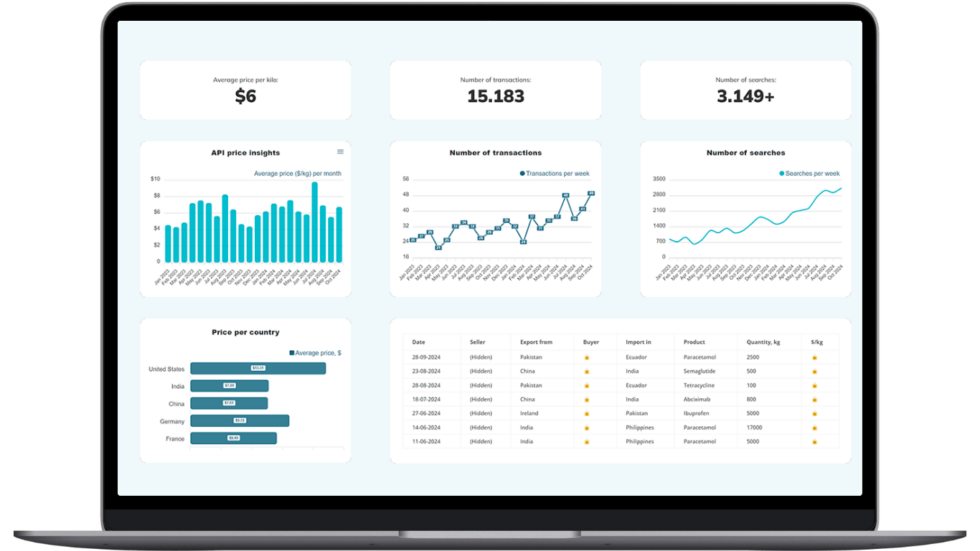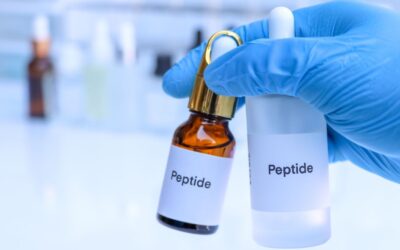
Tim Verbeek | Posted on September 27, 2020
Incoterms- the global language of business
“If I am selling to you, I speak your language. If I am buying, dann müssen Sie Deutsch sprechen.” Willy Brandt (1913-1992)- German statesman, awarded with Nobel Peace Price in 1971 for the effort on building what would become a modern EU.
Until not so long ago, international business was about incredibly complex art of sweet-talking, knowing international regulations, business language, body language, products, prices, competition, the entire industry, and political tendencies.
Thanks to the International Chamber of Commerce (ICC), the business language is not part of the equation anymore. Namely, ICC started putting into practice uniform business language back in 1936, but the set of terms known as Incoterms kicked in hard with the growth of EU and globalization (in the last three decades).
Today, everyone uses the same set of standard terms (at least those who took business seriously) which reduced the misunderstandings to a minimum. Some Incoterms are common in the pharmaceutical industry. In this article, we will talk about the most important ones.
Read them carefully, they might save you a lot of trouble some day and buy you a lot of credibilities.
DAP (Delivered At Place)
DAP is one of the most common incoterms. It describes a situation in which a buyer proposes a destination to which a seller needs to deliver the goods. The moment the buyer accepts the delivery, the risks for the products pass from the seller to the buyer.
Imagine buying a multimillion-dollar MRI from a manufacturer across the ocean- would you rather take responsibility for the transportation or leave to a seller? Also, if you sell, be very careful when negotiating the price if your prospect client calls for DAP- transportation can be quite pricey! Duty not included!
DDP (Delivered Duty Paid)
Basically, DAP plus duty. For a seller, this can be rather pricey (some countries have rather high duty taxes).
EXW (Ex Works)
Imagine signing a contract to buy X amount of goods from a manufacturer in Australia at an incredibly cheap price only to find out that you have to pay the shipping expenses (that are X times greater than the value of goods)?
Incoterms comes handy here because while negotiating the price, the seller has to state if it’s EXW, meaning the buyer pays the for the transportation, customs, and all other expenses. In EXW the moment the goods leave the seller’s warehouse, it’s no longer their responsibility but buyers or the Free Carrier’s (FCA).
FCA (Free Carrier)
FCA is the middle man- transportation service. The relation between the FCA and buyer or a seller can be arranged by a contract.
Generally speaking, the FCA may or may not take responsibility for the goods, and when FCA is involved in the delivery process, its typically EXW arrangement.
CFR (Cost and Freight)
This term describes a situation in which the seller is responsible for the goods until they get loaded onto the ship. Logically, the term is used in sea freight. Once loaded onto the ship, the responsibility for the products is on the buyer.
Practically, this means the buyer needs to organize the rest of the transportation and pay for the insurance and other costs.
CIF (Cost, Insurance, and Freight)
Similar to CFR, but the seller agrees to pay for the insurance to cover any risk during the transit.
FOB (Free On Board)
While FOB is a very popular incoterm in mass importing from Asia, it’s not a preferable way of transportation in the pharma industry. The reason- there is no insurance in FOB. It’s not required.
Now, imagine a multimillion-dollar shipment from the East sinks somewhere in the Mediterranean Sea or burns in a warehouse fire at the docks upon arrival. Whose responsible for the damage?
Unless already stated in the contract, it will raise legal issues that can take years to resolve.
Incoterms on Pharmaoffer
On Pharmaoffer we give the buyer and the seller the opportunity to choose to settle an order with the shipping conditions EXW or DDP.

Make Smarter API Decisions with Data
Access exclusive insights on global API pricing, export/import transactions, competitor activities and market intelligence.







Check out all other blogs here!